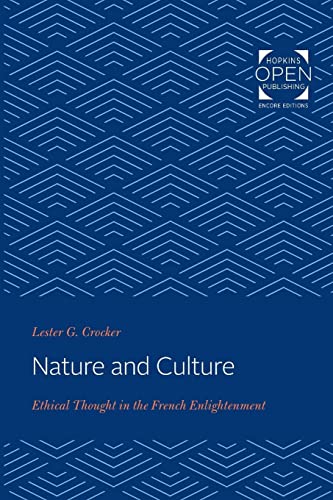

Most ebook files are in PDF format, so you can easily read them using various software such as Foxit Reader or directly on the Google Chrome browser.
Some ebook files are released by publishers in other formats such as .awz, .mobi, .epub, .fb2, etc. You may need to install specific software to read these formats on mobile/PC, such as Calibre.
Please read the tutorial at this link: https://ebookbell.com/faq
We offer FREE conversion to the popular formats you request; however, this may take some time. Therefore, right after payment, please email us, and we will try to provide the service as quickly as possible.
For some exceptional file formats or broken links (if any), please refrain from opening any disputes. Instead, email us first, and we will try to assist within a maximum of 6 hours.
EbookBell Team

0.0
0 reviewsPerhaps the most generative ethical question of eighteenth-century France was how to live a virtuous and happy life at the same time. During the Age of Enlightenment, Christianity fell out of vogue as the dominant and authoritative moral code. In place of Christianity's emphasis on sin and redemption in light of a supposed afterlife, present happiness became recognized as an appropriate end goal among French Enlightenment thinkers.
French intellectuals struggled to find equilibrium between nature (a person's individual goals and needs) and culture (the political, economic, and social organization of humans for a collective good).
Enlightenment discourse generated a unique cultural moment in which thinkers addressed the problems of humans' moral coexistence through the dichotomy of nature and culture. Lester Crocker addresses these questions in an overview of ethical thought in eighteenth-century France.
About the author:
Lester G. Crocker (1912-2002) was a professor of History at Case Western Reserve University and the University of Virginia. He specialized in French literature and Enlightenment philosophy. He is also the author of An Age of Crisis: Man and World in Eighteenth Century French Thought, Rousseau's Social Contract: An Interpretive Essay, and Diderot's Chaotic Order: Approach and Synthesis.